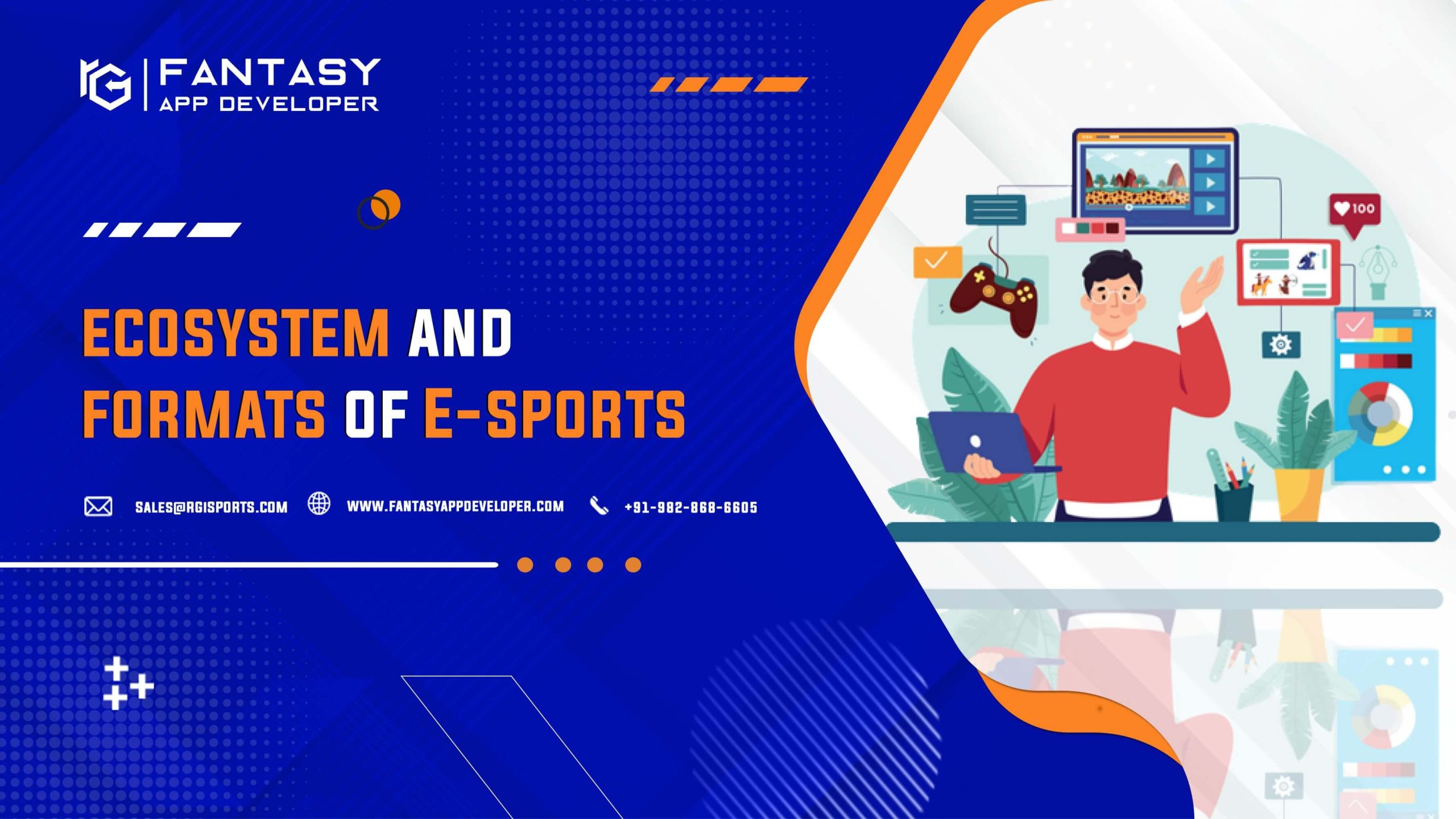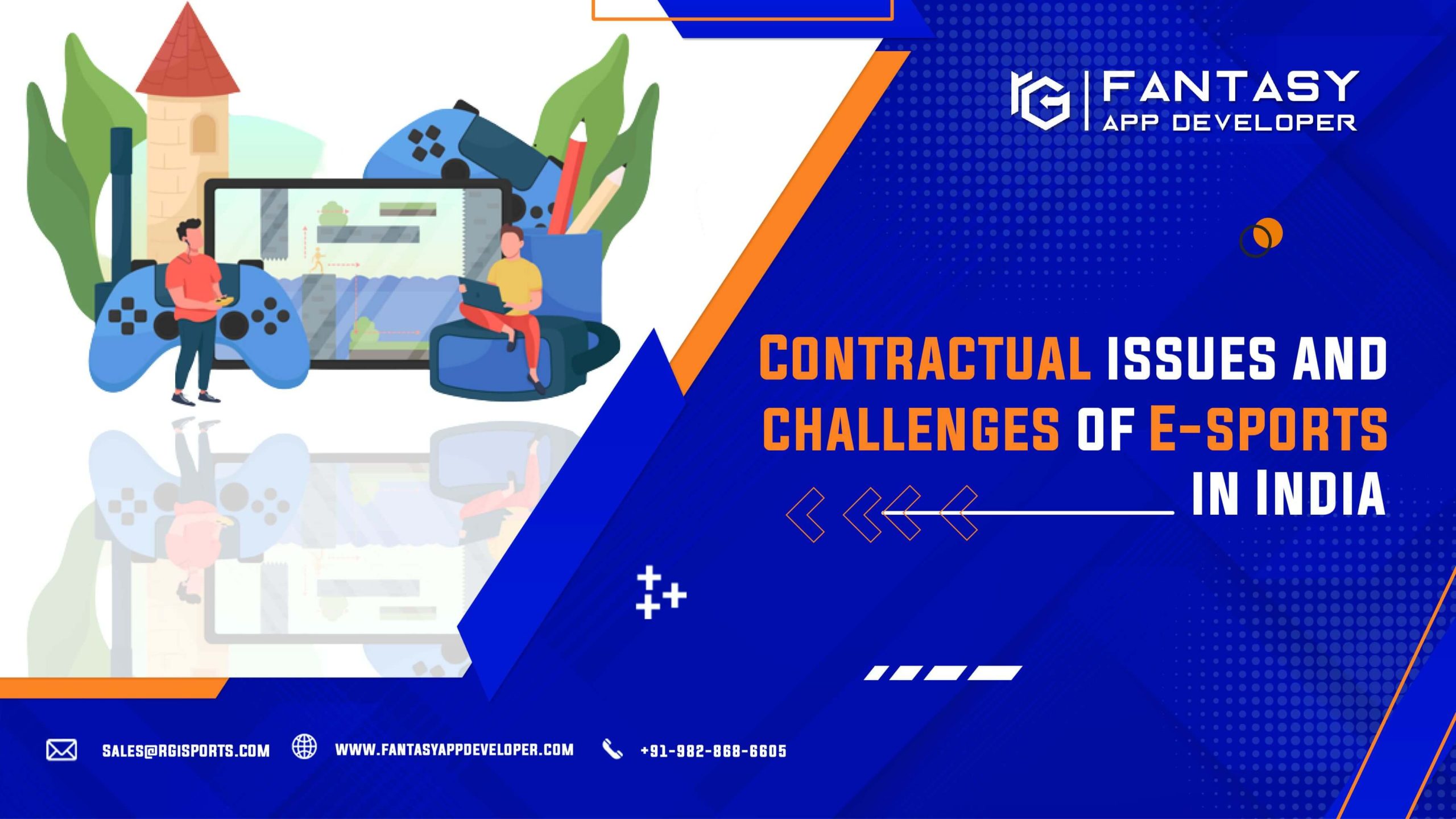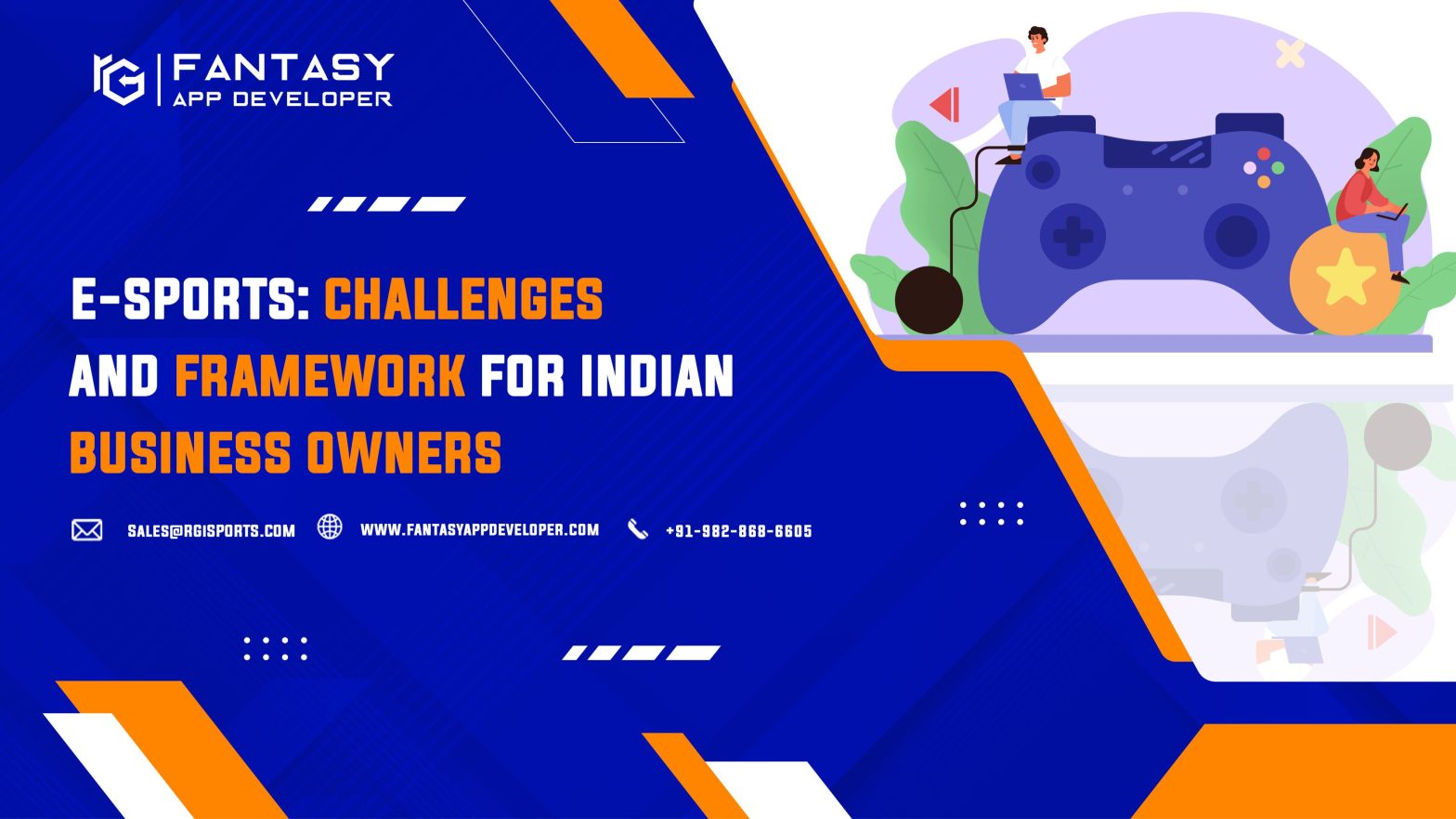Online gamers love competitions and want to be the best. Winning is at the base of what playing video games is all about. You may have to position people in the same physical location to play a traditional sport whereas, with fantasy sports and online gaming you can play and engage with people all around the world instantly with an internet connection from the comfort of your own home. Visit our previous articles and blogs for an overview of the already existing online gaming laws of the Indian Gaming Industry. In this post, we will discuss the major challenges and framework of e-sports for Indian business owners.
Versatile and adaptable nature of E-sports
E-sports are more adaptable, popular, and versatile than traditional sports, and their tournaments differ in operation, scale, and frequency. Moreover, Esports are indistinguishable from regular sports. You need to monitor esports games, and players actively play and utilize their gaming skills to win the tournaments and championships. Like traditional sports, you require hand-eye coordination, visual processing, attention, executive function, and strategy development to excel in esports.
How would you introduce the ecosystem and formats of E-sports?
While the competitions and nature of E-sports differ depending on various factors. Unlike the majority of traditional sports leagues, esports companies work simultaneously as competition organizers, content creators, and rights holders. A single agency or organization can be answerable for financing a league or tournament through brand partnerships, distributing that content to streaming platforms, and creating broadcasts around it. Typically, their formats lie into 3 broad categories:

- On-field ( where stadiums and other venues conduct the competitions and tournaments)
- Virtual ( where competitions are held on online platforms but need monitoring and streamed through private rooms.)
- Platform-based ( where Fantasy Sports Platform conducts various games and tournaments.)
How do fantasy sports influence the Indian economy?
As FICCI-EYreport 2021 estimates, it is expected for the fantasy sports or Esports industry to expand and reach INR 11 billion by 2025. The impact exceeds its expected revenue as it brings the development of talent and resources in the technological sector. Improvement in broadband capabilities inspires the user’s experience, eSports app Development, and smartphone production, and has multiple effects on its economic growth. Moreover, not only does the fantasy sports industry contribute to the new income streams that may include, licensing, player income, event management incomes, etc but it also helps channel the edge-cutting products, talents, and technologies.
Bright future of Esports in India
India has seen the amazing growth and development of fantasy sports and online gaming. It has become an enticing alternative option for brands to connect with empowered audiences. Though at a nascent stage, the size of the esports industry and market in India increased rapidly to INR 3 billion in FY2021 and it is estimated to reach INR 11 billion by FY2025.
However, there’s a much grander impact of esports: It is expected to generate an economic value of approx INR 100 billion between now and FY 2025. Several organizers, publishers, 85 million views, 1.5 million gamers or participants, 20+ broadcasts, and several brands will collectively define the Esports market in India by FY 2025.
What legal frameworks and challenges do Indian business owners face in Esports?
Over the recent years, fantasy sports have overcome the Fantasy Sports Challenges and gained momentum and popularity in India. Fantasy or esports is the kind of skilled-based online sport through which sports fans or gamers can construct their team from real real-life players from upcoming games. High penetration of mobile phones and low-cost data plans have turned the gaming start-up into a lucrative bet for investors who have spent USD 12 million on India’s fantasy sports platforms.
It’s important to construct a governing body to develop and regulate the market of fantasy sports that rapidly attain critical mass and various operators, emerging from various products and business strategies. The Federation of Indian fantasy sports formally recognized as the Indian federation of sports gaming (IFSG) was established in 2017 to protect the consumer’s interest and provide standard best practices of India’s fantasy sports format.
What are the contractual issues and challenges of E-sports in India?
The Indian Contract Act, of 1872 is the primary legislation governing contracts in India. Most E-sport players fall under the age of 18. According to the Contract act (section 11), a minor player is incompetent to contract and it is void ab initio to contract with a minor (a player under 18). Furthermore, most fantasy sports contracts and policies involve a non-compete clause that prevents the player from engaging with other teams post the term of the agreement. These non-compete clauses and predatory contracts and policies violate section 27 of the Contract Act which states that preventing or restricting a player from practicing their trade would be void and not voidable.

- Intellectual property
The esports income originates from sources such as advertising, sponsorship, and scale of streaming rights. Other important revenue sources may include in-game purchases, the sale of loot boxes, and clan or league merchandise. Unlike regular or traditional sports like basketball or cricket, any fantasy sport or esports discipline is the developer’s intellectual property of the game. Prime examples would be the unknown backgrounds of players and FIFA, owned by EA sports and Tencent respectively.
- Concerns regarding cheating and E-doping
Someone or the other would always attempt to affect or destroy the integrity of the game. Similar to professional competitions and tournaments, try to blend the rules and regulations to their benefit or simply take the easy way out. Hacking and cheating have existed in any game for ages. Mostly, they use it to make single-player games easier by placing cheat codes into the game by the developer or creator. Over time, the complexity and difficulty of games have increased which results in practicing cheating and damaging the integrity of the game.
Conclusion
The laws of fantasy sports websites and the moral and aesthetic issues with real-money activities are all subject to a great deal of confusion. The above information discusses the challenges, contractual issues, and framework of eSports app Development. Visit our previous blog and articles to learn about the Investment guide for the online gaming industry in India.



